Spotlight: Chef Ravinder Bhogal on the power of cooking with love and without borders

With the aim of promoting a food industry that is sustainable and diverse, The Upcoming has launched a Spotlight series, a monthly feature to give space to people, often unsung, who are changing things for hospitality.
This month we focus on restaurateur, author and journalist Ravinder Bhogal. Born in Kenya and raised in the UK, Bhogal has brought her colourful plates to the acclaimed Jikoni in Marylebone, transcending borders with dishes that celebrate the rich flavours born from culinary fusion. Her second cookbook, Jikoni: Proudly Inauthentic Recipes from an Immigrant Kitchen, launched last year, playfully freeing people from the the straight jacket of strict cultural expectations. Bhogal is also an advocate for plant-based cookery: her inventive veggie delivery service Comfort and Joy garnered a loyal fanbase during lockdown and she continues to strive for a carbon neutral kitchen. We spoke with the chef about how we are all global citizens, cooking with instinct and the importance of using one’s privilege to creates spaces for people of colour.
You cook with elements of the past and the present, from your own Kenyan heritage to your upbringing in Britain, as well as drawing on influences from South Asia, The Middle East and the Far East. Why is this multicultural approach such an important part of your ethos?
It is important to me because it is not reductive. I am East African, Indian, British. I am an immigrant who grew up surrounded by many diverse communities. I am well-travelled. My food allows me to represent all of these facets of my heritage.
You describe your approach as a “maternal”, instinctive kind of home-style cooking. How do your traditional methods translate in a professional, large-scale restaurant environment?
It’s all in the philosophy and teaching. Frankly I watched grandmothers, aunts and my mother cater large parties of 100 people without breaking a sweat or without compromising the way the cooked so who’s to say that can’t be translated into a professional environment. Of course, we codify methods, weights and recipes – but the soft power of using your instinct or cooking with love and good intention as our grandmothers did, should be alive and well in every kitchen.
It has been a tough year for hospitality but your vegetarian delivery service, Comfort and Joy, thrived during lockdown. What has the whole process taught you and do you plan on keeping your at-home dining concept as a permanent feature?
I think the pandemic has taught businesses to be agile and inventive overall. Comfort and Joy has built up such a loyal fanbase that we definitely want to continue with it.
Why did you opt for a veggie focus for Comfort and Joy?
It’s always the way I have eaten. I was vegetarian for a decade and feel that the cultures I come from naturally lend themselves to very delicious, inventive, vegetarian food.
Do you feel the growing presence of plant-based plates will have a significant impact on the industry as a whole?
I think it’s certainly moving towards a more plant-based outlook because travel and our exposure to global condiments, ingredients, spices and dressings has given us the ability to add real interest to dishes that were normally side-lined in favour of meat and fish.
Do you hope that your journey might inspire other chefs with diverse backgrounds to make their own unique culinary discoveries without the pressures of representation?
I think that’s happening anyway. We are all global citizens in a way. We travel, or we are immigrants adapting our food to what we find available in our new lands. Food is constantly evolving which is why it is so exciting.
Do you feel there has always been a space for women of colour in the hospitality industry? How might the industry provide more platforms for those not born into positions of privilege?
If you find yourself today in a position of privilege and decision-making power and you stay silent about a lack of representation or not actively creating or supporting opportunities, you need to have a conversation with your conscience. Silence or turning a blind eye equals complicity. I faced blocks and challenges both as a chef and a journalist – I am lucky I persevered, but we are losing a whole pool of talent and voices if we allow this to continue.
We are thrilled that Jikoni has reopened its doors once again. Is there anything new you have brought to this season’s menu or the restaurant in general that you are particularly excited about?
Thank you so much, I can assure you we are just as thrilled to have opened our doors! So, this spring we excitingly opened Jikoni’s covered outdoor terrace, lined with heaters and complete with organic wool blankets to eliminate any evening chill – even hot water bottles can be filled on request! The terrace has been inspired by my early memories of Kenya, set beneath a vibrant marigold awning, bringing a slice of the inside out with brightly coloured Ceraudo chairs and tables adorned with hand block printed tablecloths and patterned napkins. The menu is also filled with the most sumptuous summer produce – peaches, alphonso mangoes, courgette flowers – all cooked in the “no borders” Jikoni way.
What’s next? Have you got any upcoming projects which our readers should look out for?
We are looking forward to our Carbon Neutral dinner on the 27th June and pop-up shop on Chiltern Street, our next very exciting season of Civilised Sundays and some projects I can’t talk about just yet! I have also just started work on my third book.
Rosamund Kelby
Photo: Rahil Ahmad


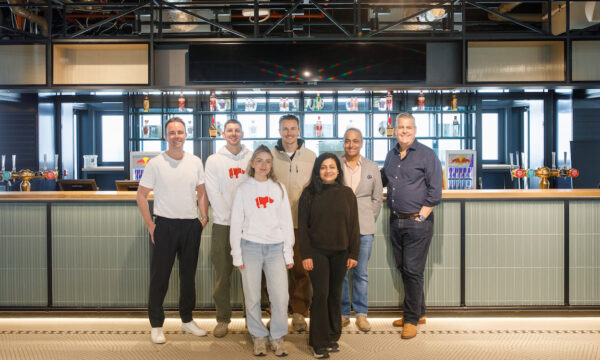

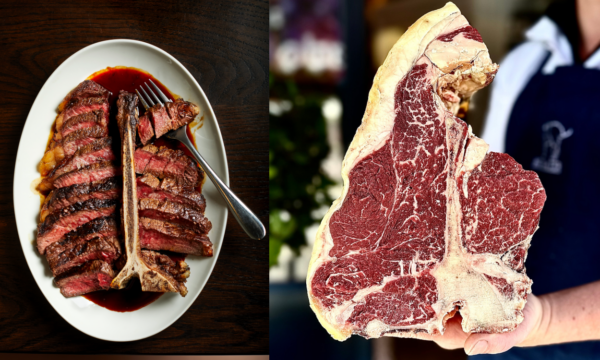
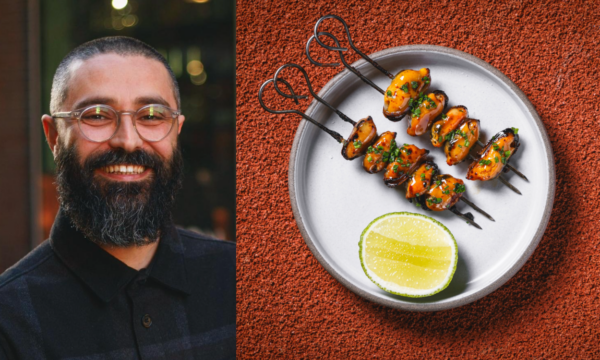
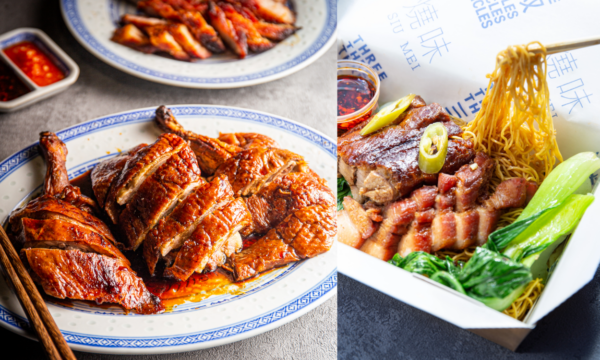

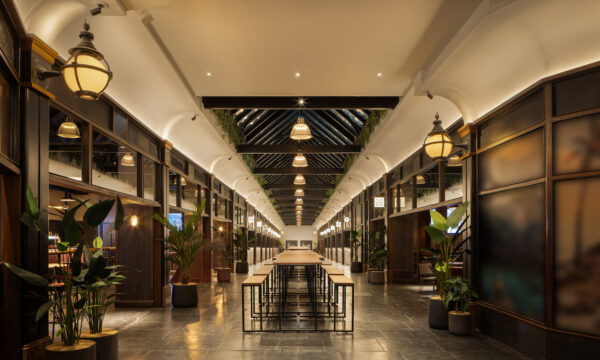
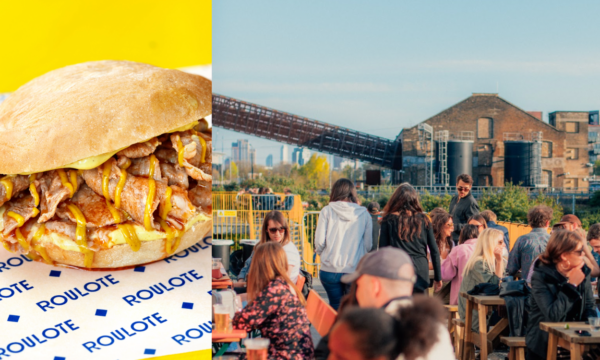















Facebook
Twitter
Instagram
YouTube
RSS